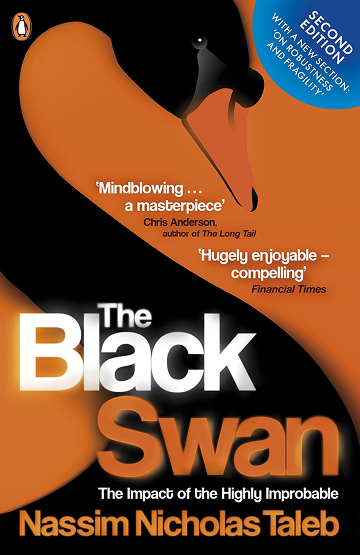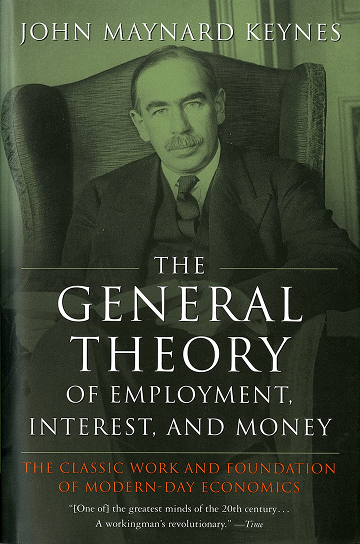
Martin Whitman Biography, Career, Net Worth, and Key Insight



Martin Whitman’s Profile Summary
|
Company
|
Third Avenue Funds |
|---|---|
|
Position
|
Founder and Chief Investment Officer (CIO) of Third Avenue Management. He held this position from the firm's founding in 1986 until 2010 |
|
Source of wealth
|
Founder and Chief Investment Officer of Third Avenue Management, management fees from Third Avenue Value Fund, authoring books on investing and security analysis |
|
Also known as
|
Author, philanthropist, university professor. |
|
Years of life
|
30.09.1924 - 16.04.2018 |
|
Education
|
Syracuse University – Bachelor’s degree in Business (magna cum laude), The New School for Social Research – Master’s degree in Economics |
|
Citizenship
|
United States |
|
Residence
|
New York City, USA |
|
Family
|
Martin Whitman was married to Lois Whitman, and they had three children |
|
Website, Social Media
|
https://www.thirdave.com/ |
Martin Whitman’s biography
Martin J. Whitman (1924–2018) was a renowned investor and a pioneer in value investing. He founded Third Avenue Management in 1986 and managed its flagship Third Avenue Value Fund from its inception in 1990 until 2012. Whitman was widely respected for his "safe and cheap" investment strategy, focusing on undervalued companies with strong balance sheets and significant long-term potential. Before Third Avenue, Whitman gained experience working on Wall Street as a security analyst and investment banker. His contrarian investment approach led to successful rehabilitations of companies such as Nabors Industries and Covanta Energy. Beyond investing, Whitman was passionate about teaching, holding long-term faculty positions at Yale and Syracuse Universities, with the latter renaming its business school in his honor. Throughout his career, Whitman authored several books on investing, solidifying his legacy as a thought leader in value investing. He passed away at the age of 93, leaving behind a profound impact on the financial world-
How did Martin Whitman make money?
Martin Whitman makes money in the following areas:
Founder and Chief Investment Officer of Third Avenue Management, management fees from Third Avenue Value Fund, authoring books on investing and security analysis
-
What is Martin Whitman net worth?
As of 2025, there is no publicly available and reliable information regarding Martin Whitman’s net worth.
What is Martin Whitman also known as?
Martin Whitman was a prolific author, having written several influential books on investing such as Value Investing: A Balanced Approach and The Aggressive Conservative Investor. He was also a committed philanthropist, donating $23 million to Syracuse University, which led to the renaming of its business school in his honor. Additionally, Whitman was a respected university professor, teaching at prestigious institutions like Yale and Syracuse University for over 30 years, where he influenced generations of future business leaders and financial professionalsProminent achievements of Martin Whitman
Named Morningstar’s Mutual Fund Manager of the Year in 1990, founded Third Avenue Management, authored several books on investing including Value Investing: A Balanced Approach, the Third Avenue Value Fund he managed outperformed the S&P 500 from 1990 to 2012, received the Harvey R. Miller Outstanding Achievement Award in 2013 for his contributions to the restructuring industry, donated $23 million to Syracuse University leading to the renaming of its business schoolWhat are Martin Whitman’s key insights?
Martin Whitman was a staunch advocate of deep-value investing, prioritizing companies with strong balance sheets and long-term growth potential, regardless of current earnings. He rejected conventional short-term profit metrics, focusing instead on the intrinsic value of assets. Whitman believed in concentrated, high-conviction investments, often in distressed or undervalued companies. He emphasized that balance sheet strength was more important than income statements for assessing a company’s long-term value. His guiding principle was to invest in "safe and cheap" securities
Martin Whitman’s personal life
Martin Whitman was married to Lois Whitman, an attorney and social worker. Lois was the founder and director of the Children's Rights Division at Human Rights Watch. The couple had three children: Barbara Whitman, a Tony Award-winning Broadway producer; James Whitman, a Yale Law School professor; and a third child not widely mentioned in public sources. Martin Whitman was also a grandfather to six grandchildren
Useful insights
Understanding market forces
In my experience, to truly succeed as an investor, it’s essential to understand the driving forces behind market behavior. Market movements aren’t random—they’re influenced by a range of economic theories and dynamics. The following books provide valuable insights into these forces, offering a deeper understanding of how global financial markets operate and what shapes their trends.
-
Nassim Nicholas Taleb – "The Black Swan"

-
Summary:
Taleb explores the concept of rare, unpredictable events—so-called "Black Swans"—that can have massive impacts on markets and society. These events are often overlooked by traditional risk management models, leading to devastating consequences when they occur. Taleb illustrates how these unpredictable shocks shape our world, often more than gradual, expected changes.
-
Why read it:
This book challenges conventional thinking about risk and uncertainty, showing that many major historical and financial events were "Black Swans." It's a vital read for investors who want to build resilience in the face of market volatility.
-
-
John Maynard Keynes – "The General Theory of Employment, Interest, and Money"

-
Summary:
Keynes revolutionized economics by focusing on total demand within an economy and its effect on output and inflation. His theory suggested that government intervention could stabilize economic cycles through fiscal and monetary policy. The book also explains the consequences of under-consumption and the role of interest rates in managing economic stability.
-
Why read it:
For investors interested in macroeconomic trends and policy impacts, Keynes’ work is essential. Understanding the Keynesian framework can help investors predict how government actions might influence market performance.
-
Other profiles in category
Popular Financial Guides
Latest Financial News

South Africa unveils digital visas to attract film and events

South Africa invests R710 million to expand free Internet access































































































































